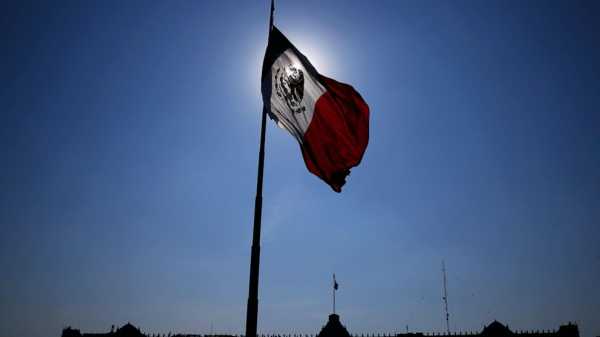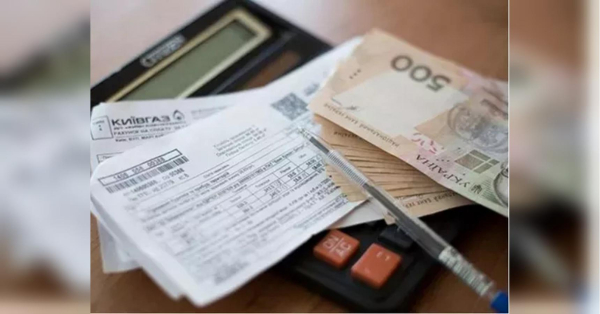
MONTERREY, Mexico — With the 2024 Mexican presidential election less than a year away, political analysts and academics warn of a wave of fake news and disinformation making the rounds on the internet, a trend they deem especially worrisome as some of the falsehoods seem to come from the party in power —and the president himself.
Fake news has long been disseminated during electoral campaigns in Mexico and the current electoral cycle is far from being the exception.
Since June, when Mexico's ruling party, Morena, and the country's main opposition parties launched their internal proceedings to pick their contenders for the 2024 race, The Associated Press Spanish-language fact-checking team found about 40 fake publications across social media platforms, favoring or discrediting members of both sides of the political spectrum.
Political observers and academics say it is worrisome that, on occasions, unsubstantiated accusations against members of the opposition have come from President Andrés Manuel López Obrador himself.
“Clearly the president has been a factor in generating the type of misinformation that ends up being polarizing,” said Manuel Alejandro Guerrero, a professor of social and political sciences at the Universidad Iberoamericana in Mexico City.
He points at a recent incident in which López Obrador and his supporters accused Xóchitl Gálvez, a presumptive opposition presidential hopeful at the time, of planning to end a host of popular social programs implemented by his government if she were to win the presidency.
Gálvez decried the president’s comments as false and in early June secured a judge’s order guaranteeing her right of reply and allowing her to respond in person at one of his daily morning press briefings. Not long after, she formally entered the presidential race as a candidate of a broad opposition coalition — the historically leftist PRD, the conservative PAN and the PRI that ruled Mexico for 70 years.
“Despite the denials of Xóchitl herself, what we see here is a lie that is taken on again and again, sometimes from circles very close to the president," said Guerrero.
Morena did not respond to a request for comment about accusations of being behind falsehoods regarding the opposition.
In recent months, the Spanish-language fact-checking team at AP found several publications on X, the social platform formerly known as Twitter, and Facebook, asserting the same falsehood about Gálvez —that she would end the president's social assistance programs if she were to be elected president.
Most of the misleading content about Gálvez came from accounts affiliated with Morena or López Obrador, the team found. But AP also found several false publications disseminated online against former Mexico City Mayor Claudia Sheinbaum, one of Morena’s main contenders for the presidency.
One of those publications erroneously asserted that Sheinbaum was not born in Mexico, but in Bulgaria, thus making her ineligible to run for office.
Sheinbaum took to her social media accounts, calling on people to say no to fake news. She even displayed her birth certificate publicly in a campaign video, proving she was, in fact, born in Mexico City.
In early June, false publications and a widespread campaign of disinformation plagued a local election in the northern state of Coahuila, with dozens of posts seeking to discredit Mexico's electoral authority known as INE.
Among the falsehoods that circulated online was a claim that the markers handed out to voters to cast their vote could be easily erased, thus making it possible to vote again, giving rise to electoral fraud.
AP's fact-checking team previously debunked that claim, which has circulated on numerous occasions before, including during the 2021 midterm elections in which the INE was repeatedly the target of fake news.
Karen Lomelí, who leads digital efforts at the PAN, accused the government and the governing party of using a network of “bots” to promote falsehoods about the opposition.
“It's a strategy that they bring with all the force of the government,” said Lomelí. “I think this is going to spread, because we live in a very polarized country.”
For Guerrero and other academics, the avalanche of fake news and electoral disinformation will only get worse as the country enters yet another presidential race.
“The risk of disinformation in contexts of low democratic institutional strength, as is the case in Mexico and many other Latin American countries, is the impossibility of reaching an agreement between the different political groups," said Guerrero. “There is simply too much noise.”
Sourse: abcnews.go.com






